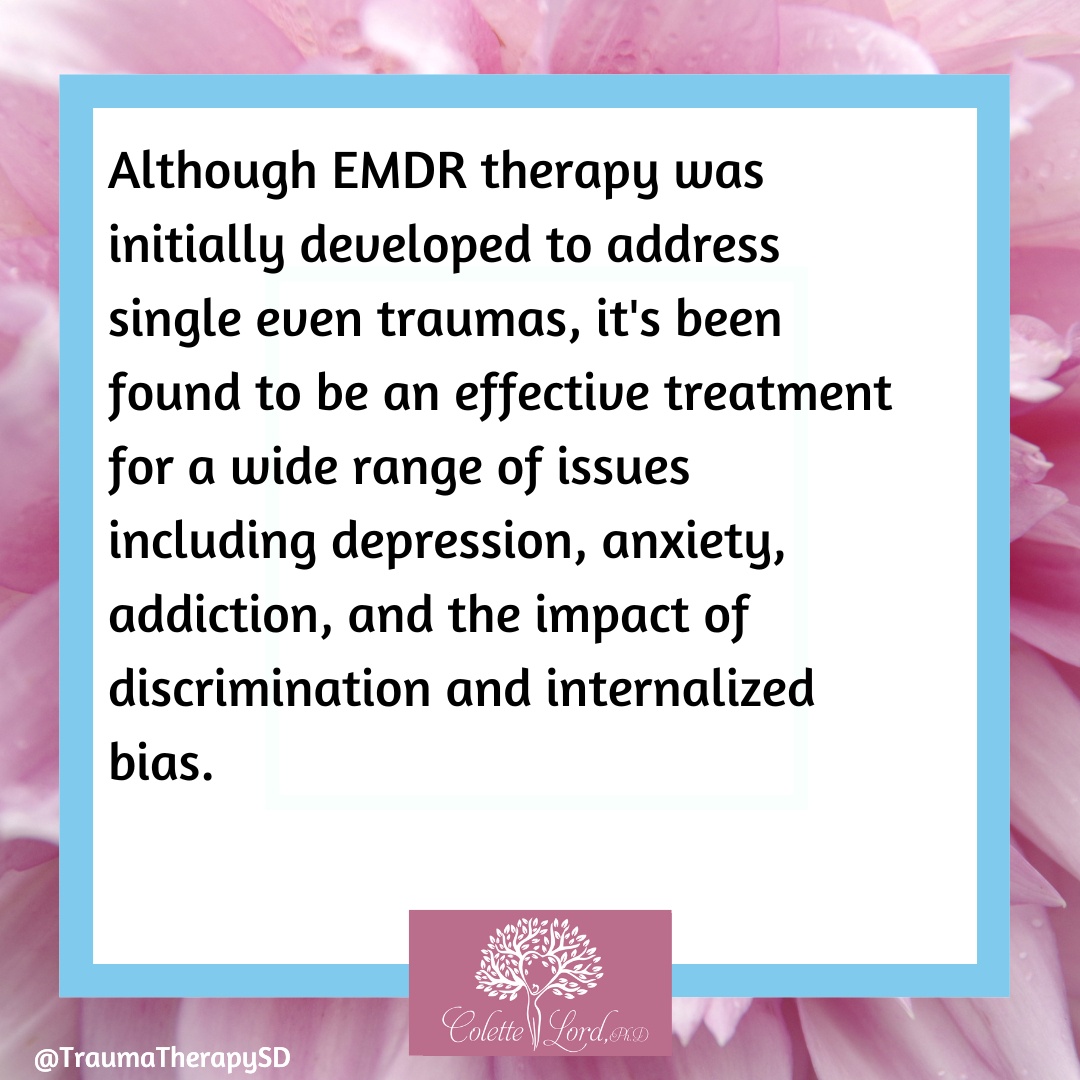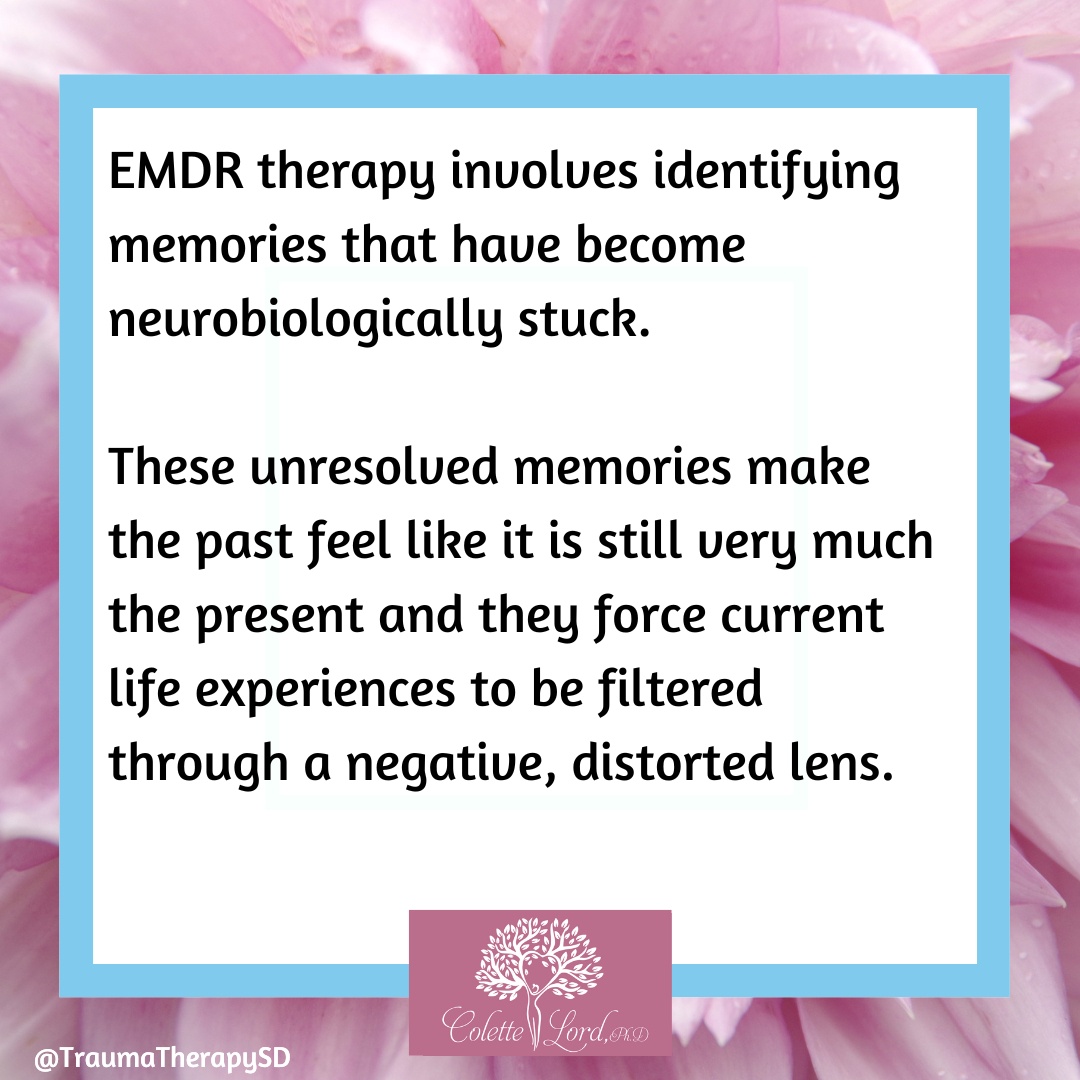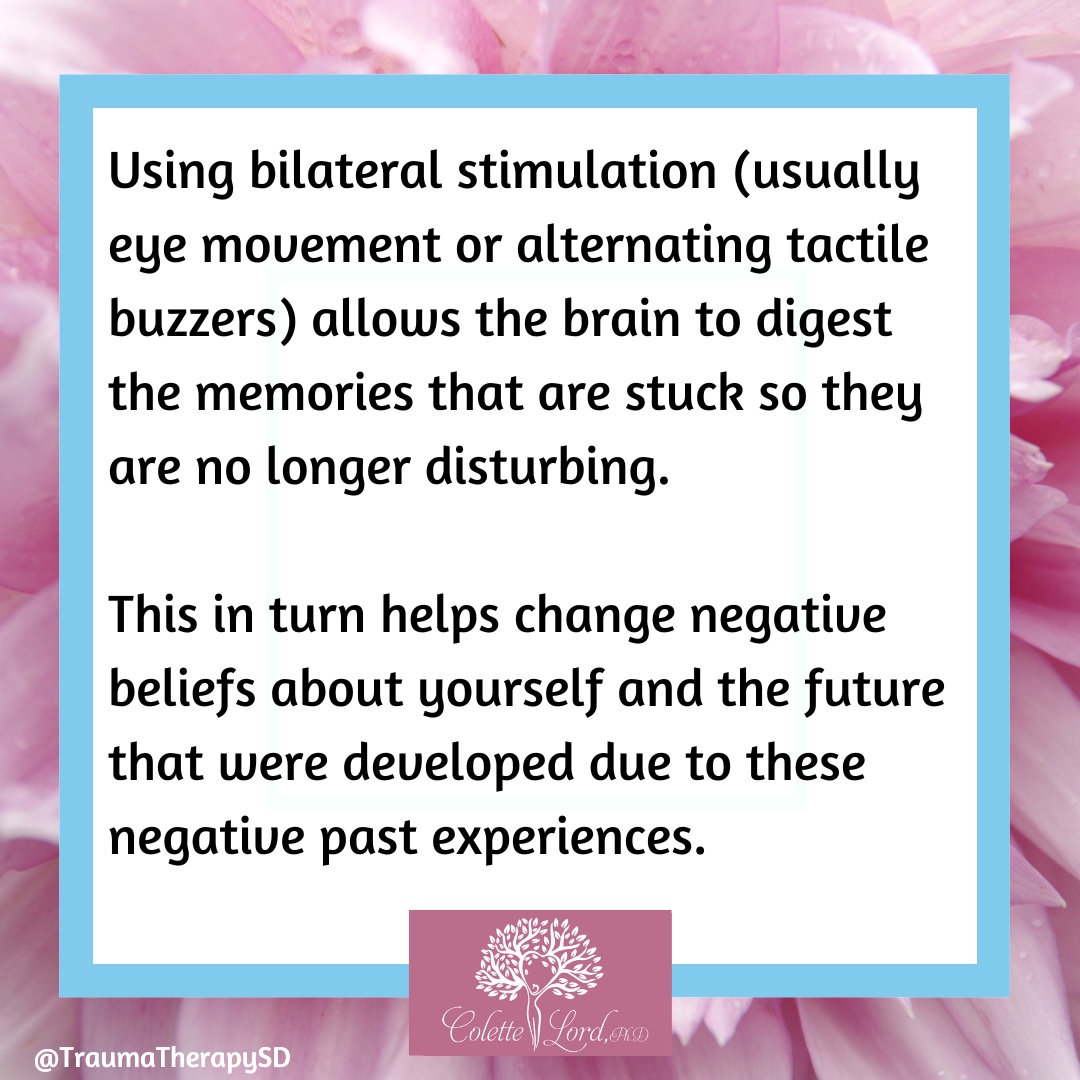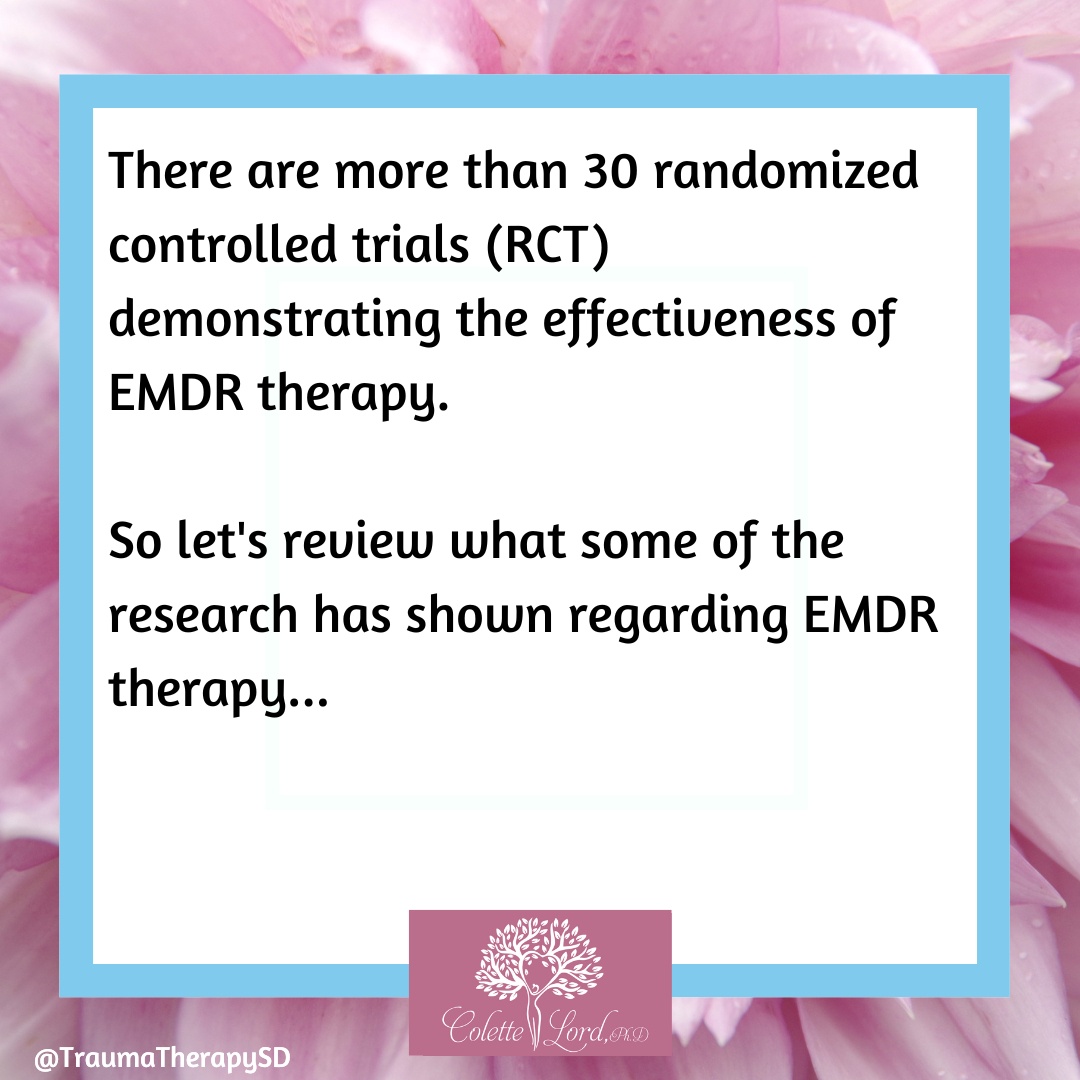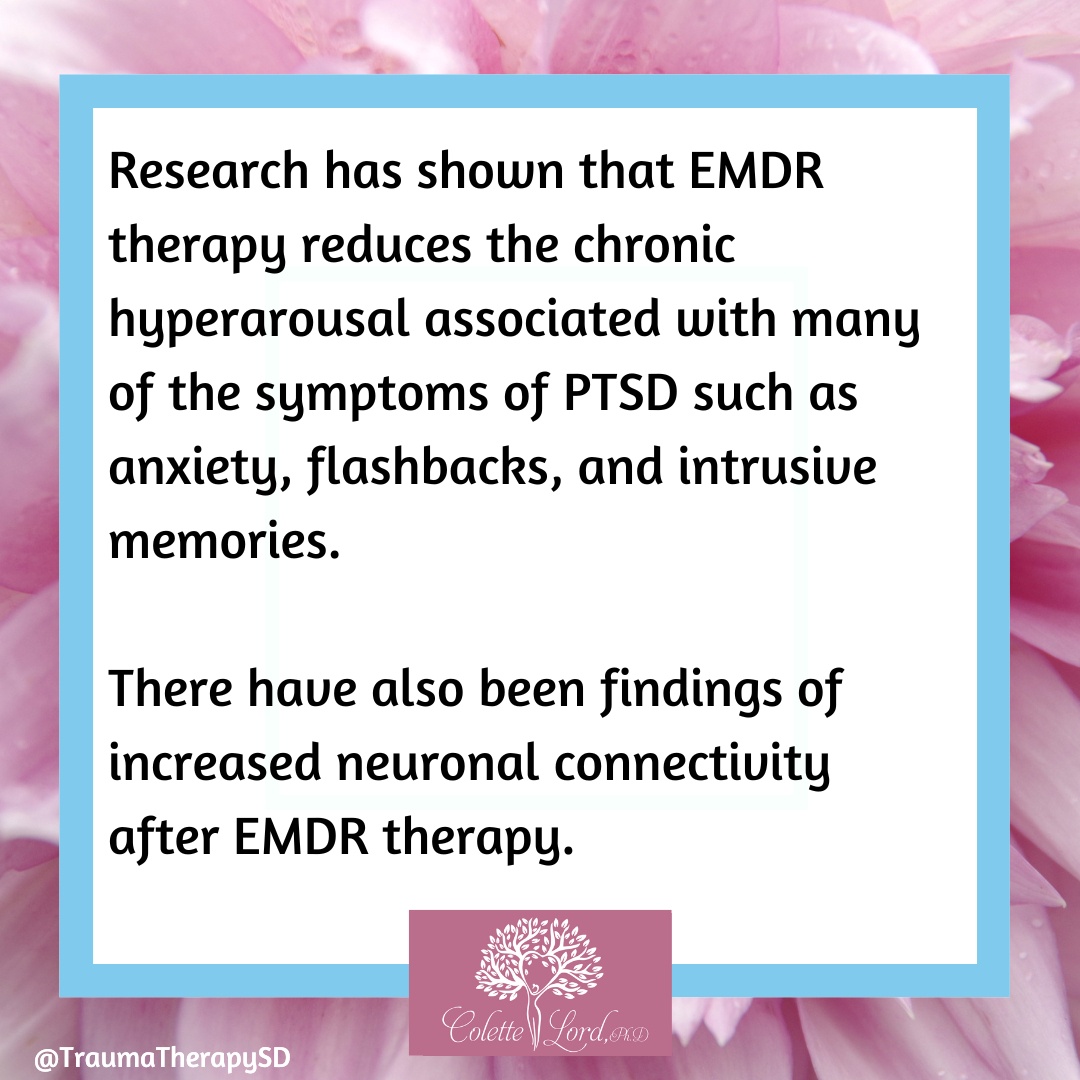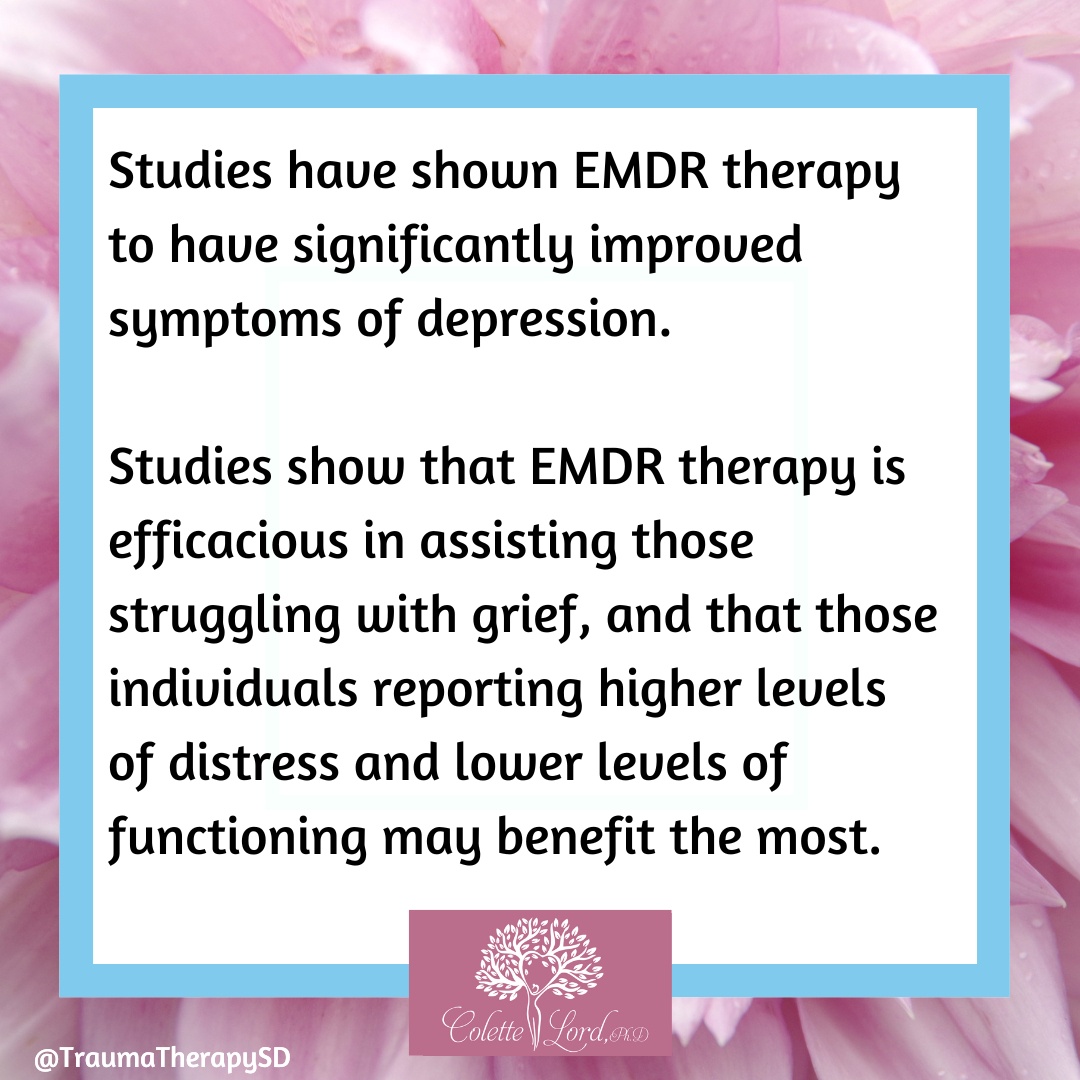EMDR therapy research
EMDR therapy involves identifying memories that have become neurobiologically stuck.
These unresolved memories make the past feel like it is still very much the present & they force current life experiences to be filtered through a negative, distorted lens.
Using bilateral stimulation (usually eye movement or alternating tactile buzzers) allows the brain to digest the memories that are stuck so they are no longer disturbing.
This in turn helps change negative beliefs about yourself & the future that were developed due to these negative past experiences.
There are more than 30 randomized controlled trials (RCT) demonstrating the effectiveness of EMDR therapy.
Let’s review what some of the research has shown regarding EMDR therapy…
Research has shown that EMDR therapy reduces the chronic hyperarousal associated with many of the symptoms of PTSD such as anxiety, flashbacks, & intrusive memories.
There have also been findings of increased neuronal connectivity after EMDR therapy.
Studies show EMDR therapy to have significantly improved symptoms of depression.
Studies show that EMDR therapy is efficacious in assisting those struggling with grief, & that those individuals reporting higher levels of distress & lower levels of functioning may benefit the most.
EMDR therapy can reduce self-injurious behavior by identifying & processing the memories of adverse life experiences that underlie/trigger such behaviors.
EMDR therapy can also be used to address the lack of regulation skills, that often drive the use of self-injurious behaviors.
EMDR therapy has been shown to be a promise for treating OCD, with studies showing it reduced OCD symptoms from baseline & maintained improvement at 6 month follow up.
Studies have also demonstrated EMDR therapy had positive effects on panic & phobic symptoms.

